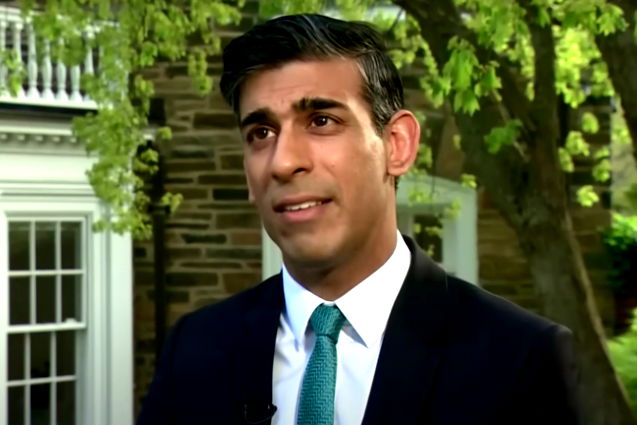UK to limit student admission to ‘low value’ degrees that don’t lead to jobs



By Ryan General
U.K. Prime Minister Rishi Sunak has unveiled plans to impose admission limits on “low value” degrees
Response to Augar: On Monday, Sunak and Education Secretary Gillian Keegan announced the measures‘ implementation as part of the current U.K. Government’s response to the Augar review, a report initiated by former Prime Minister Theresa May in 2018.
Officially titled “The Post-18 Education Review,” the report recommended measures to decrease the prevalence of “low value” courses, reduce tuition fees and increase funding for further education. The Augar review was made public in May 2019, followed by an interim response from the Department for Education in January 2021.
Sunak’s proposed changes include the reduction of the maximum fee for classroom-based foundation year courses from the current 9,250 pounds (approximately $12,000) to 5,760 pounds (approximately $7,500). The fee reduction aims to align the cost of these preparatory courses with their perceived value.
The Office for Students has been tasked with enforcing the measures by limiting the number of students that universities can enroll in courses deemed to offer graduates poor results.
Against the measures: In response, Shadow Education Secretary Bridget Phillipson accused the government of reinforcing the glass ceiling and characterized the measures as “an attack on the aspirations of young people.”
“The Conservatives’ appalling record on apprenticeships means it can’t be trusted to deliver the overhaul that our young people need, and (the) new role for the Office for Students will be to put up fresh barriers to opportunity in areas with fewer graduate jobs,” Phillipson was quoted saying.
Labour Party members have pledged to implement their own reforms to the skills system and higher education funding to ensure equal opportunities for all, regardless of their background.
Addressing concerns: Education Minister Robert Halfon defended the policy, stating that it focuses on individual courses with poor employment outcomes to ensure students acquire the necessary skills and secure good jobs upon graduation.
Halfon emphasized that the policy is not intended to target arts and humanities courses specifically, but refrained from specifying which degrees might be subject to recruitment limits.
Share this Article
Share this Article





